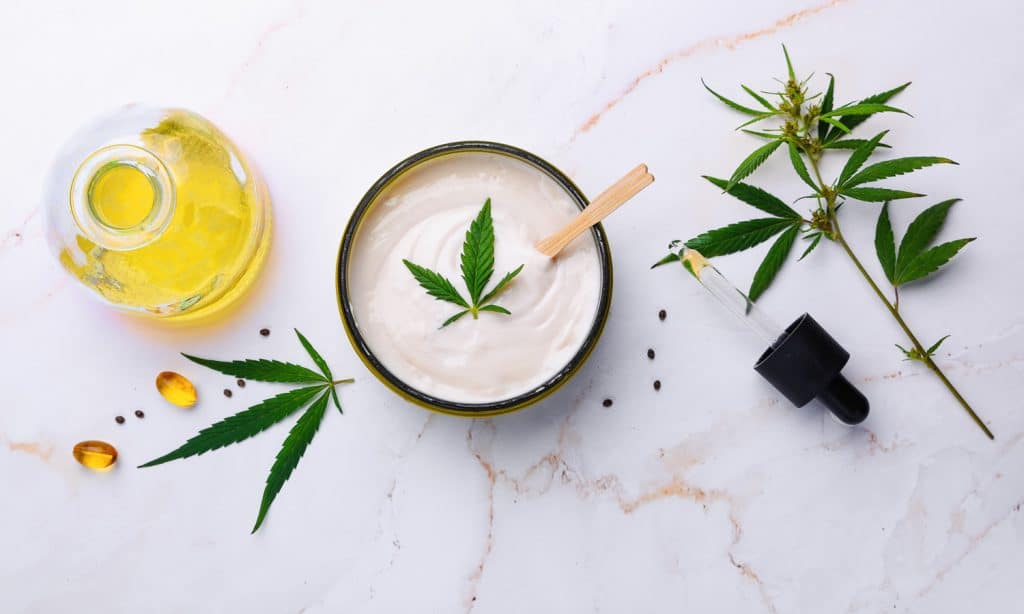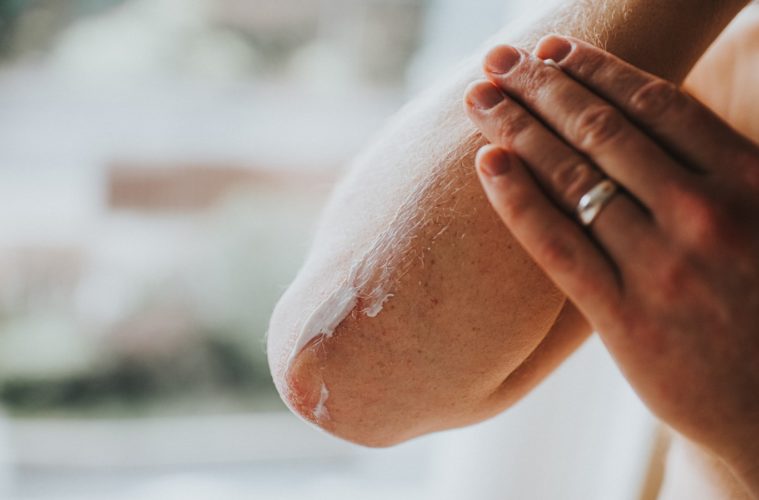In partnership with The Fresh Toast
The results of a 2007 study suggest that cannabinoids inhibit keratinocyte proliferation, which supports a potential role for CBD in the treatment of psoriasis. But where is research at today?
August is Psoriasis Awareness Month and during the current COVID-19 global pandemic, and global uncertainties, psoriasis is causing havoc on the bodies of many Americans. Concerns about the best way to effectively treat psoriasis is still a constant discussion on the forefront of scientists and doctors all over the globe.
According to the National Psoriasis Foundation, psoriasis is an autoimmune disease that affects the lives of approximately 8 million Americans. Psoriasis occurs when the autoimmune system attacks healthy skin cells. In many people, psoriasis manifests as blotchy marks on the hands and the face. This is due to a buildup of the cells near the surface of the skin. Psoriasis is also potentially connected to several related health conditions, including depression, anxiety, and the risk of suicide.
CBD as therapy for psoriasis
“We know that cannabinoids like CBD can reduce inflammation and pain,” David Casarett, MD, chief of palliative care at Duke University in Durham, North Carolina, told Health, regarding using CBD oil to help relieve psoriasis symptoms. “Again, what we’re seeing right now is that most of the evidence is circumstantial but promising.”
A 2019 study, published in the journal Clinical Therapeutics, administered CBD salve to 20 patients and found that, “the results showed that topical treatment with CBD-enriched ointment significantly improved the skin parameters, the symptoms and also the PASI index score. No irritant or allergic reactions were documented during the period treatment.”
RELATED: Could CBD And Cannabis Eliminate The High-Cost And High-Stakes Of Current Psoriasis Medicines?

CBD is known for its anti-inflammatory properties. Although there is some evidence that CBD salve has some potential positive effects, there is not a substantial amount of supportive evidence. However, a 2007 study, published in the medical journal Dermatological Science, showed some promise.
The results suggest that cannabinoids inhibit keratinocyte proliferation, which supports a potential role for CBD in the treatment of psoriasis. Cannabinoid use is limited by the local and state laws, in several states. The use of CBD is limited in the treatments of most internal and external medical conditions.
So where else is the medicine going? With more studies than ever recruiting patients to examine the benefits of CBD-based treatment, psoriasis could soon have many other options.
Read more on The Fresh Toast
Advertising disclosure: We may receive compensation for some of the links in our stories. Thank you for supporting LA Weekly and our advertisers.

